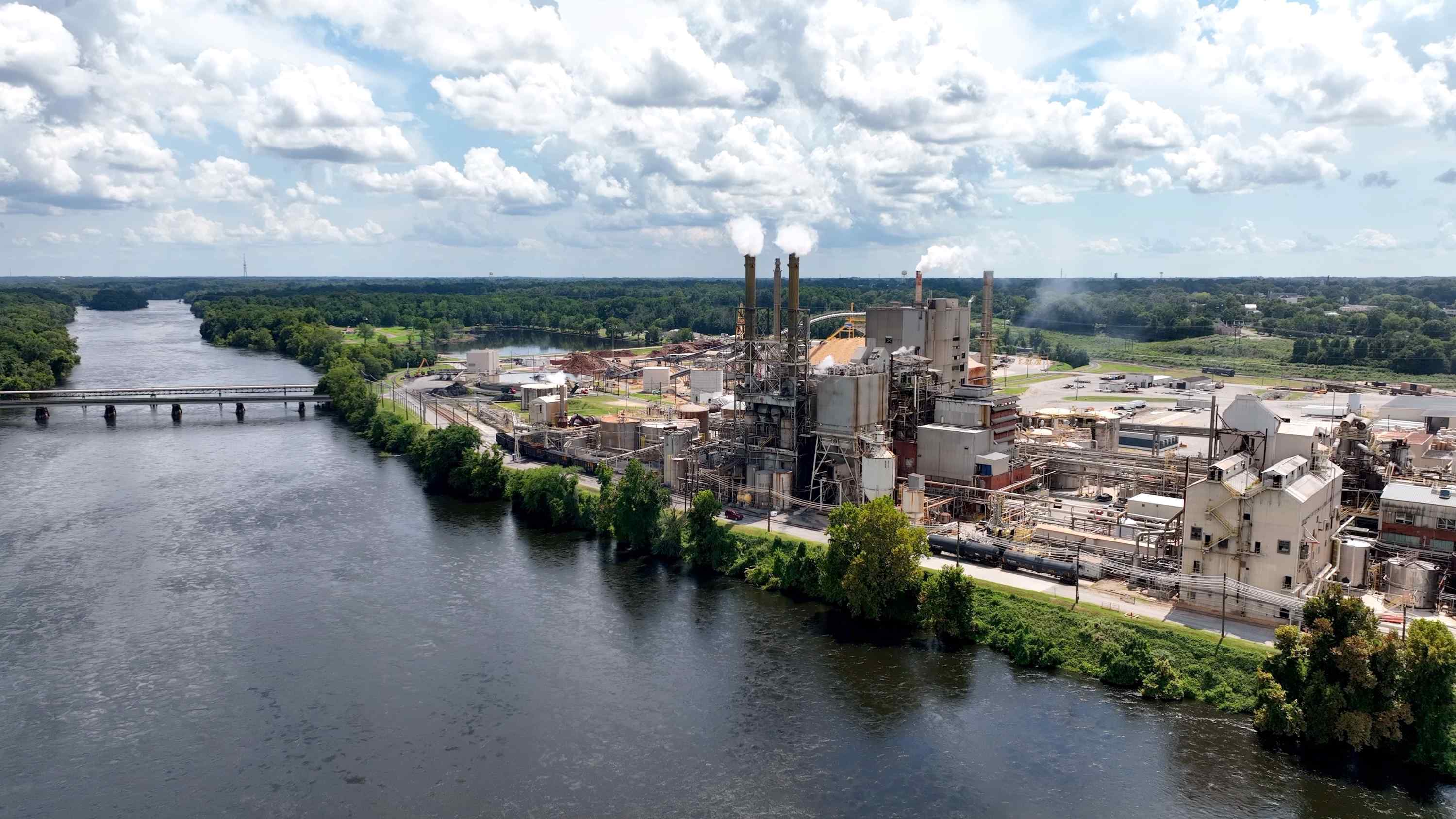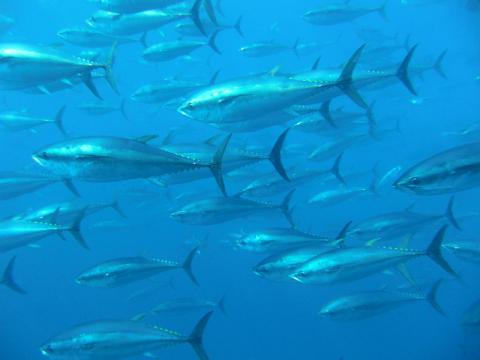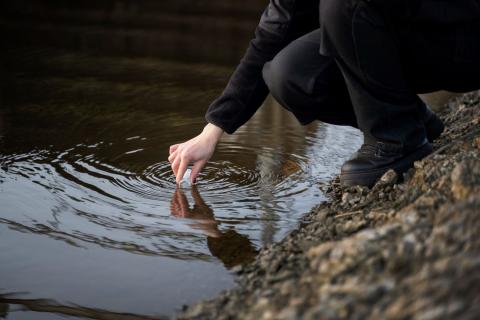The level of mercury in rivers has more than doubled since the Industrial Revolution
A model has analysed mercury concentrations in rivers around the world from 1850 to the present day. The results, published in Science Advances, conclude that levels have doubled and even tripled since the Industrial Revolution: before 1850, rivers carried approximately 390 metric tonnes of mercury to the oceans each year, and today that figure has risen to around 1,000 metric tonnes. According to the authors, these results have implications for human health and wildlife, as mercury compounds are neurotoxic, can accumulate in fish and pose a health risk through consumption.

Miguel Motas Guzmán - rios mercurio EN
Miguel Motas
Professor of Toxicology in the Department of Social and Health Sciences at the University of Murcia
Is the study of good quality?
“The study is of good quality as it develops a novel global model to simulate mercury levels in rivers in the pre-industrial era, thus assessing human disturbances by comparing them with current conditions. By establishing a reference level for mercury in rivers, it reveals rapid responses of mercury in rivers to human disturbances and could be used to inform global mercury restoration targets for rivers. In turn, these concentrations could also be used as indicators to comprehensively understand the effectiveness of mercury pollution governance".
Does it fit with existing evidence?
"It improves the current evidence because, for the first time, it quantifies the global increase in mercury levels in rivers since pre-industrial times, concluding that human activities have raised these levels two to three times higher than today".
Are there any notable limitations?
"Yes, the model results are uncertain due to limitations in the resolution of global datasets and models, which do not allow for a complete understanding of soil erosion processes and their influencing factors, such as small-scale topography and changes in land cover. The model does not consider changes in Hg (mercury) concentration in the soil due to leaching, erosion and atmospheric deposition, which could be an important factor for longer simulation periods".
What are the consequences of this increase for human health?
"The consequences are global and can be considered within the One Health concept, as they affect wetlands and rivers, contaminating the wildlife associated with these ecosystems, as well as other aquatic ecosystems, which ultimately leads to biomagnification in the food chain. All this leads to high levels of mercury exposure in certain geographical areas depending on fish consumption and local pollution of these aquatic ecosystems, which can cause serious health problems, mainly in children and pregnant women".
To what extent is this a problem for Spanish rivers? Which Spanish rivers are most at risk?
"Fortunately, in Spain and the Mediterranean, levels have decreased compared to pre-industrial times".
Joan O. Grimalt - rios mercurio EN
Joan O. Grimalt
Research Professor at the CSIC, Department of Environmental Chemistry at the Institute of Environmental Diagnosis and Water Studies (IDAEA-CSIC)
"What the article says is reasonable, but it doesn't go into much detail about what's happening. It doesn't define the causes of the increase in mercury transported by rivers. It refers to an increase in commercial activities and nothing else.
The study is consistent with existing evidence that mercury has risen, but it does not compare it with atmospheric inputs, which are also important".
What are the consequences of this increase for human health?
"The increase in mercury is harmful to human health because this compound is neurotoxic".
To what extent is this a problem for Spanish rivers? Which Spanish rivers are most at risk?
"I don't have data on mercury inputs to the sea from Spanish rivers at a global level. There are some partial studies".
Peng et al.
- Research article
- Peer reviewed



